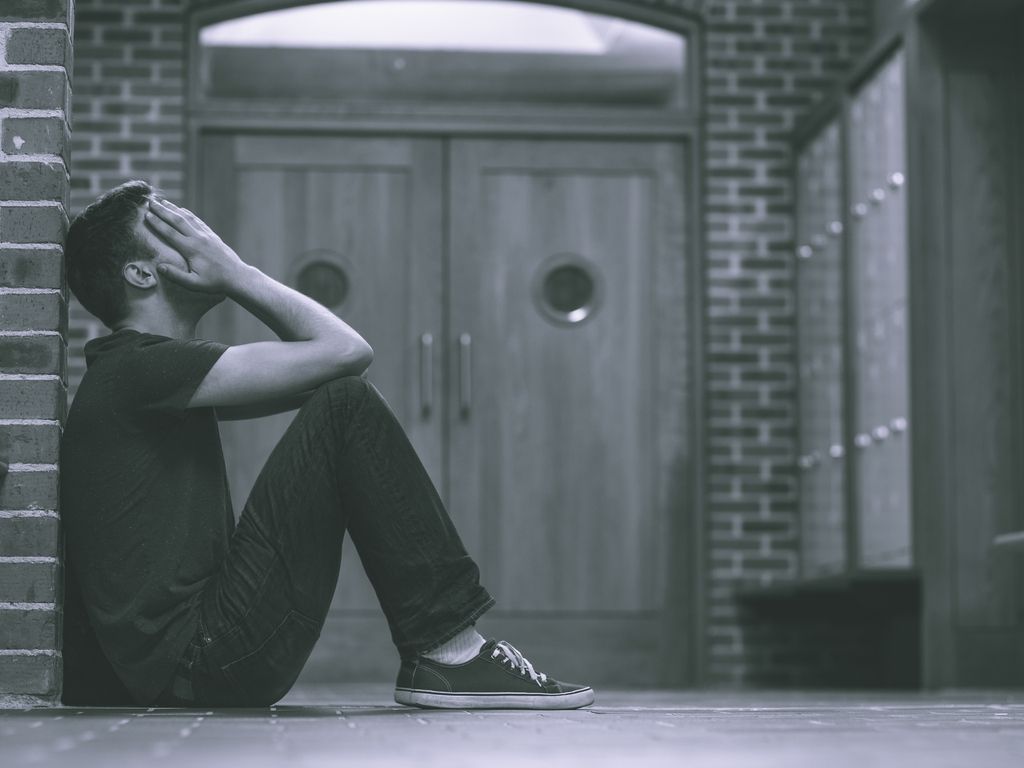Sexual Assault is Still a Major Problem on College Campuses

In the face of the #MeToo movement, more individuals have come forward with their stories of sexual assault. However, some colleges and companies in our nation are reporting “zero” assaults which just isn’t true.
A study by American Association of Universities found that rate of nonconsensual sexual contact by force or inability to consent for “women undergraduates is nearly three times higher than for women graduate and professional students (25.9% vs. 9.7%).”
The problem with zero.
While Title IX has made great progress in advancing reporting protocols on college campuses for assault cases, many universities still report zero assaults on campus.
The American Association of University Women (AAUW) reports that “89% of college campuses disclosed zero reported incidences of rape in 2015.” This did not change in 2016. But when the Association of American Universities completed their climate survey of more than 180,000 students from public and private universities, 13% of students experienced some form of nonconsensual sexual contact.
This tells us that students don’t report all incidents of assault to their universities. Why? Fear. Shame. The worry of not being taken seriously. A multitude of other reasons are possible but it shows that universities have a lot of work to do when it comes to reporting crimes and making campus procedures readily available for students.
I’ve been a victim of sexual assault. What should I do?
The first thing to remember is that you are not alone. Many victims feel ashamed or that they were at fault for the assault. But the reality is not so.
If you are a victim of assault, there are measures you may want to take to protect yourself.CollegeStats.org offers the following advice:
- Find a safe, secure place. Removing yourself from danger is a top priority for your safety. Get somewhere where you can gather your thoughts and find someone you trust to speak to.
- Seek medical attention. It is imperative to seek medical attention after any type of assault. In the case of sexual assault, ask for a Sexual Assault Nurse Examiner who can provide you with the proper care you need. This can include STD testing and emergency contraceptive.
- Reach out. If you feel comfortable talking to a family member or friend, reach out as to not handle this alone. If you do not feel comfortable, there are Rape Crisis Counselors available to guide you through the process and help you through this trauma.
- Get legal advice. If you want to proceed with legal action, contact your local authorities and campus police. The Rape, Abuse & Incest National Network (RAINN) is available for 24/7 consultations and a listening ear for victims.
Are you a college student in Northeast Pennsylvania seeking legal representation in a sexual assault case?
Contact Us
If you are a victim of sexual assault on a college campus or were wrongfully accused of assault, reach out to our experienced sex crime lawyers at Mazzoni Valvano Szewczyk & Karam. We can help you decide how to proceed. Contact us for more information.

